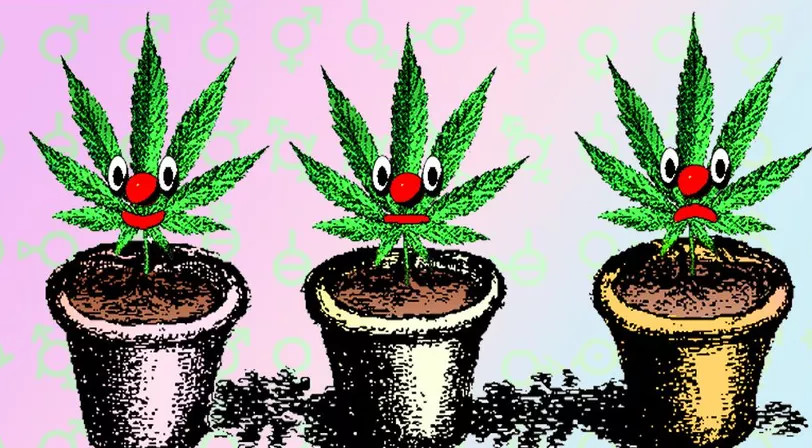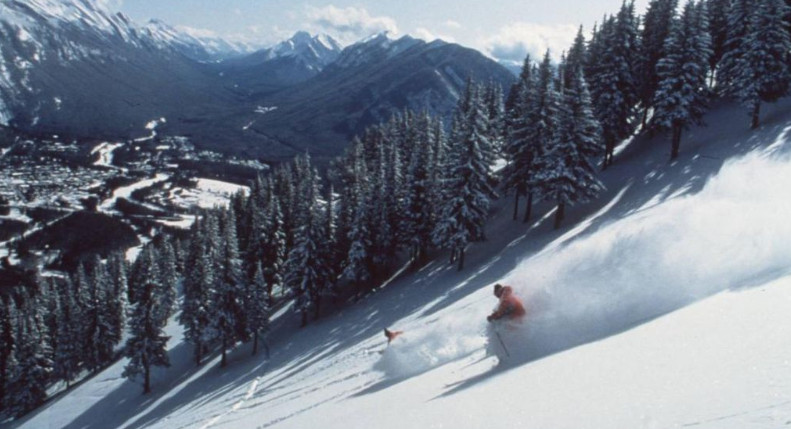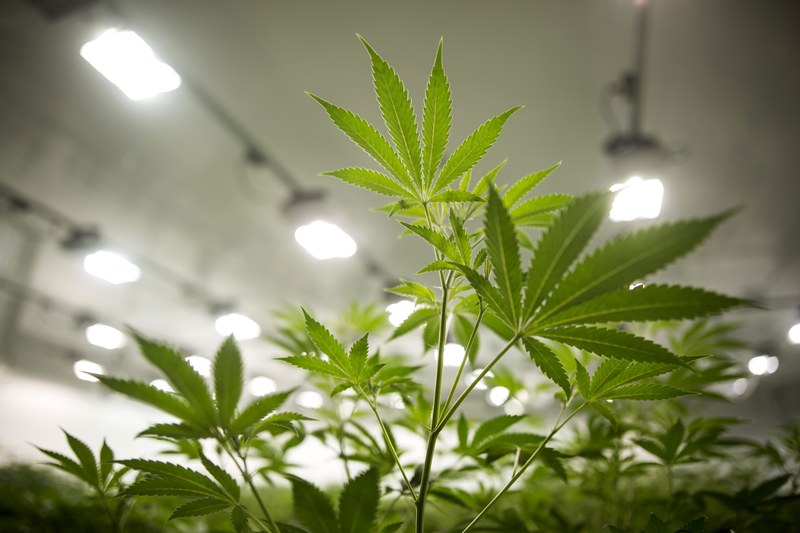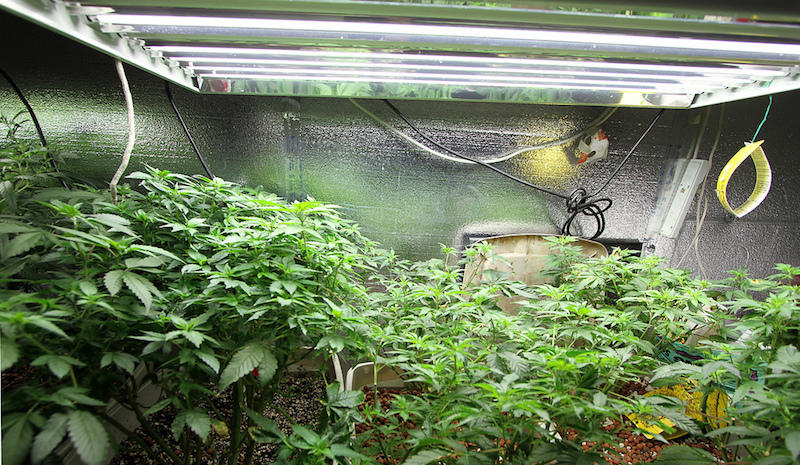A good friend of mine asked me what the purpose of a weed was the other day. I have often asked myself the same question. As annoying as they are, they are a fact of life when it comes to gardening. The truth is simple: A weed is simply a plant that is growing where we do not want it in a human-controlled environment. It doesn’t get any more basic than that.
In the big picture of life, weeds are just natural plants that grow where they are most comfortable. As gardeners, we have a specific agenda for the plants that we grow in the yard and anything that is not on that list gets removed so that the plants we do plant can thrive without competition. It is our daily exercise task of getting down on our hands and knees and nurturing plants we adore by making sure they have the space to grow in which they require. Sometimes simple pulling by hand works, other times a shovel or spade is necessary for bigger items and for those invasive plant materials, sometimes a chemical control is necessary. It all depends what situation we are dealing with and how it needs to be resolved.
Farmers are just gardeners on a large scale. For certain crops there are cultivators to eradicate the weeds and at other times there are sprays to cover large areas in a short amount of time to eliminate all competition. This has been a practice through centuries of time and growing food or creating a landscape.
A weed is just a term for a hardy plant that tends to thrive in the elements of our environment. Some of these plants have a seed life of many, many years whereas other have a seed life of only one to two years. Some have adapted to accept the elements of drought, heat, cold and even being grazed upon by livestock. They have learned to thrive despite the setbacks of life.
Weeds actually have many purposes when you look at them individually. There are many instances that we just take for granted when in fact, if they were all gone we would run into ecological problems. Weeds create a balance in the natural world and are part of a very delicate food chain.
Take for instance when a forest or brush fire occurs. Weeds are the first species to germinate in the bare and naked landscape. Their sole purpose is to provide a cover to prevent soil erosion from heavy rains until hardier brush, shrub and tree life returns. Weeds growing along riverbanks and shorelines prevent them from sliding into the water. They stabilize the soil and make it hold together better with their complex root systems.
Certain weeds feed beneficial insects that eradicate harmful ones from entering the ecosystem. It is a check and balance that is needed at all times. Other weeds such as milkweed are the major food source for monarch butterfly larva to feed on to create the poisonous fluid that fills the veins in future butterflies’ wings. The purpose? To prevent these butterflies from being eaten by birds and other predators. Butterflies are a major pollinating element in our ecosystem.
Bees thrive on many blooming plants such as clover, dandelions,and crown vetch, to name a few. These are the ultimate pollinators in our world and without them we would face dire consequences.
Clover is actually a plant that feeds the area around it with nitrogen, similar to that of a legume or bean. It has pretty flowers and is often found in lawns and pastures. A healthy lawn will usually choke out clover without chemical assistance.
Dandelions, with their deep tap root, are known to bring up calcium and nitrogen from far below. They are also a great food source for humans and animals alike with their nutritious leaves. And I am not just talking wine here!
Some plants such as the amaranthus were predominantly weeds in the wild and due to their nutritional food source and ornamental qualities, they were introduced into the garden. Many of the species we plant in the garden today are a derivative of a common weed in the field. We have just hybridized the best qualities of the weed to develop a desirable plant.
Weeds are not all bad, they are just a nuisance to the common gardener who has to pull them out of the garden in an effort to nurture the plants we want. They have their purpose, it sometimes just does not fit into our very controlled way of doing things in the yard. Keep pulling the weeds to make your garden grow well, but know that they also have a reason for being here.
Credit: www.jamestownsun.com













